
The 80/20 Individual
The Nine Essentials for 80/20 Success at Work
Recommendation
Author Richard Koch contends that individual initiative is responsible for most progress, given that 20% of entrepreneurs or innovators are responsible for 80% of results and new ideas. Koch focuses on how to be a successful entrepreneur by working with a small team of supporters. He discusses the importance of good ideas, great colleagues, a powerful value proposition, good partners and, of course, ample capital. He suggests a trend toward a new breed of corporations based on individualism, though Bill Gates and Warren Buffett alone do not necessarily make a trend. While Koch writes in a breezy, engaging style, the 80/20 mantra becomes generalized and repetitious. It’s a popular expression, but does it always apply? The other chapters are more solid, though they restate known entrepreneurial principles and techniques, dressed in 80/20 lingo. As such, getAbstract.com suggests, they may be a good introduction for the new entrepreneur, if not for the rugged individual who has already mastered the percentages.
Summary
About the Author
Richard Kock is the author of The 80/20 Principle and The Power Laws of Business. An entrepreneur, his ventures have included consulting (LEK), developing and marketing personal organizers (Filofax), hotels (Zoffany), restaurants (Belgo) and premium gin (Plymouth). He was a consultant with The Boston Consulting Group and a partner of Bain & Company. He is currently an investor-director of Betfair and advises private equity groups in the U.K. and South Africa.


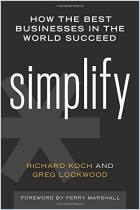


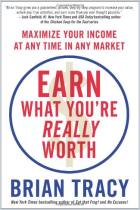
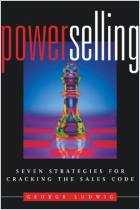


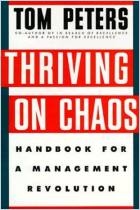
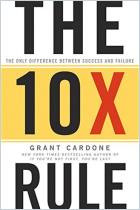






Comment on this summary